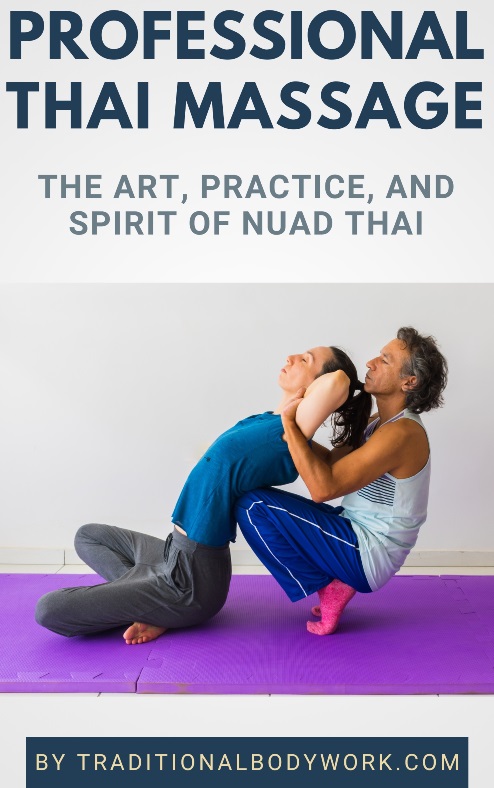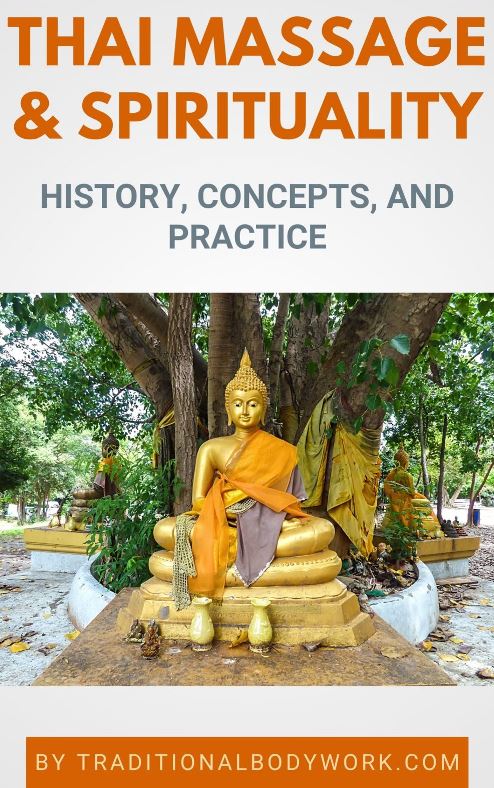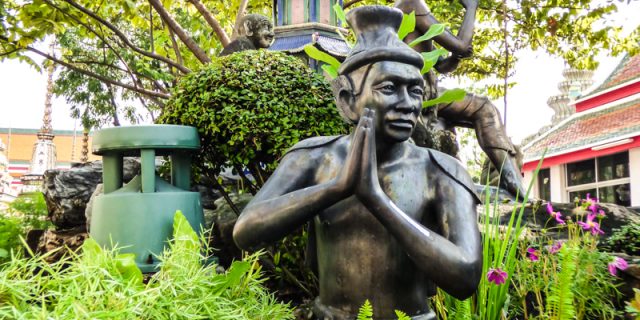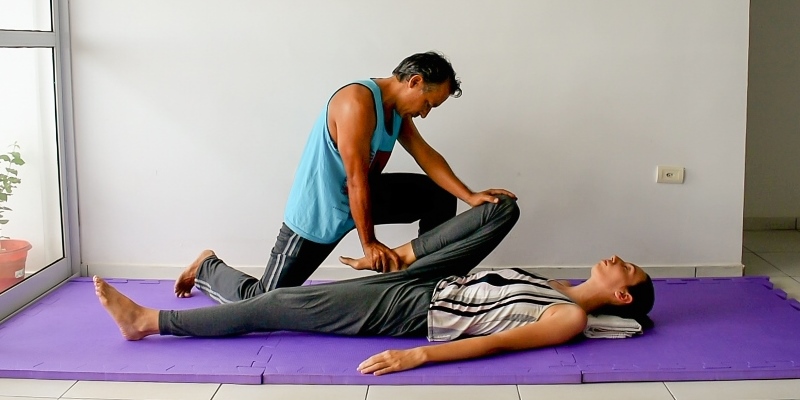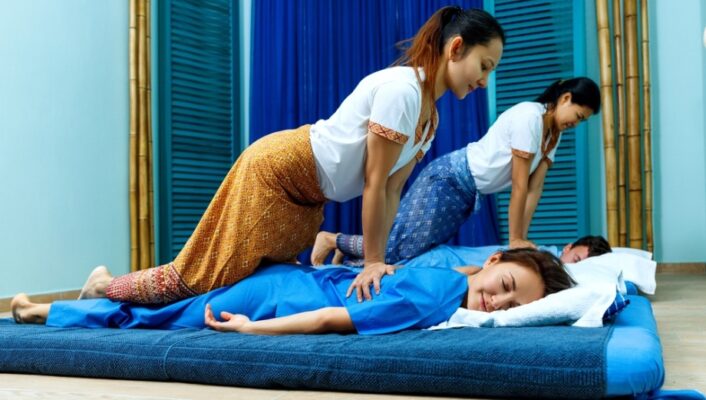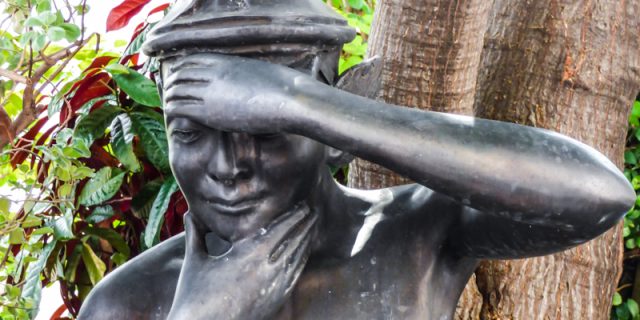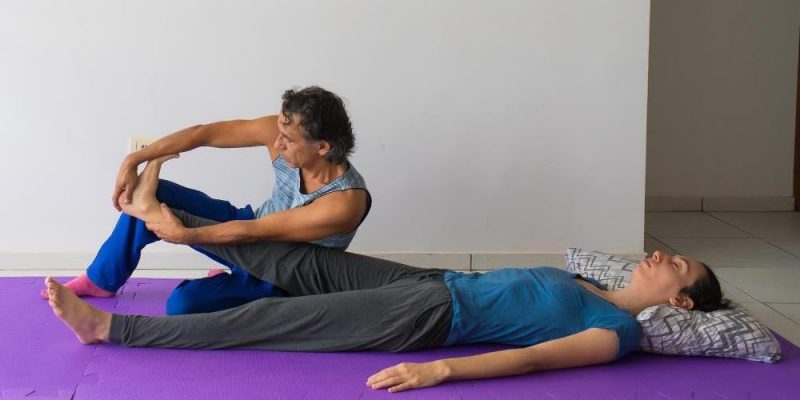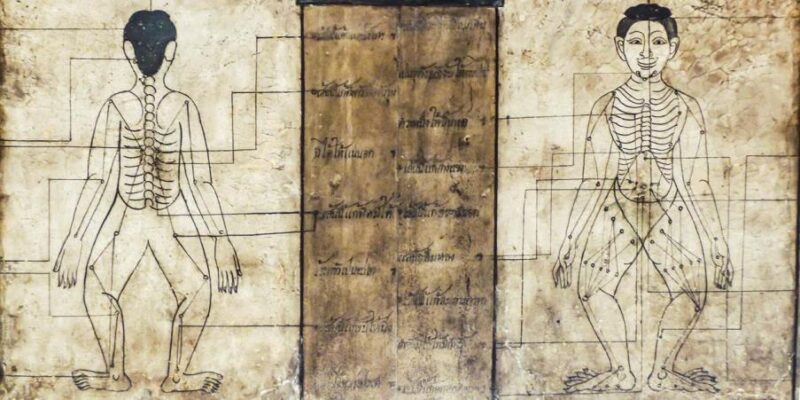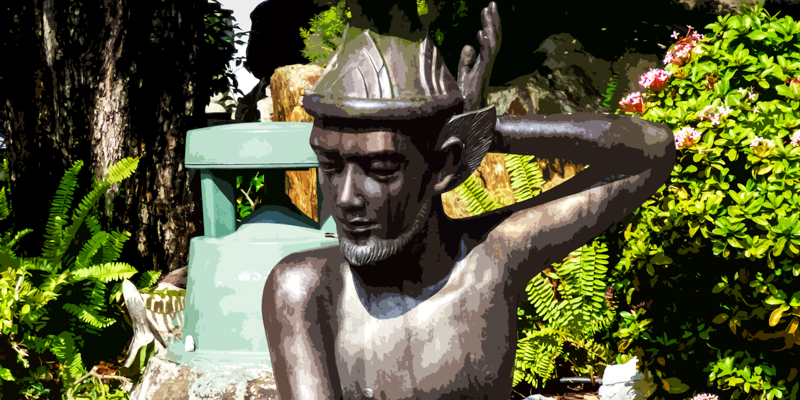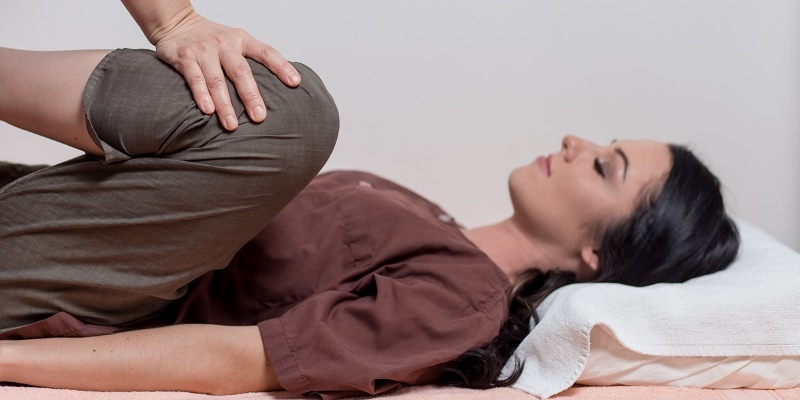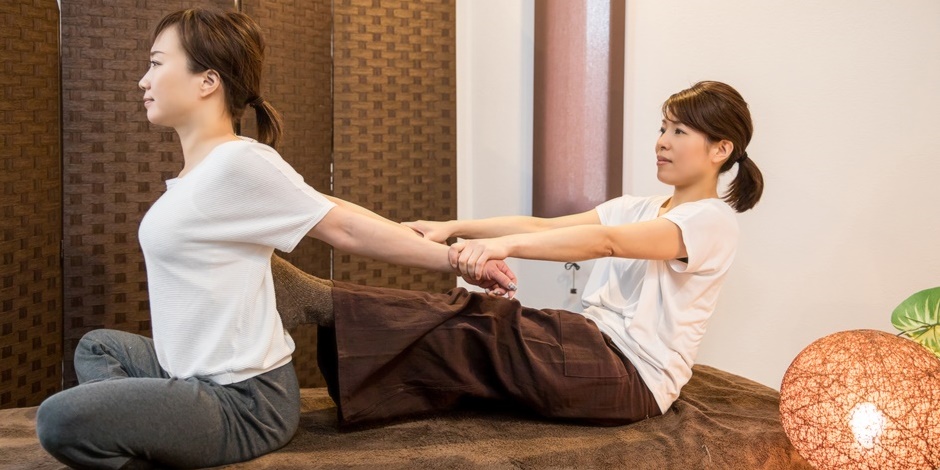
What we often don’t realize is that foreign students who go to study Thai Massage in Thailand spot only a fraction of the available massage schools and training programs.
This is due to the Thai language (one doesn’t find the schools on the Internet or can’t ask for them), the fact that many training centers don’t have (a proper) Internet presence at all, and because of some Thai Massage schools and institutes being accessible for Thai people only.
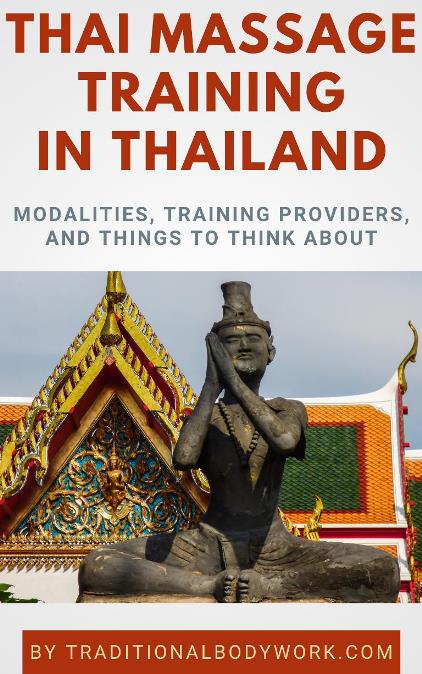
Anyway, Thailand boasts quite an extensive infrastructure of Thai Massage and Traditional Thai Medicine training programs, and in this post we’ll take a look at how things are organized locally, that is, in Thailand for Thai people.
First of all, accreditation of Thai Massage and Thai Traditional Medicine programs is principally done by the Thai Ministry of Public Health (study curriculum and research), the Thai Ministry of Education (education infrastructure), and the Thai Ministry of Labor (requisites and permissions to practice Thai Massage). It’s why we see that the course completion certificates foreign students receive often refer to those aforementioned government agencies.
Thai Massage education is important in Thailand not only because it’s part of the cultural heritage, but also because of the high local demand for massage practitioners (and massage teachers). Tourism is still booming and growing in Thailand, and so are the number of schools, spas, massage salons and parlors.
Apart from the local demand, there’s a growing demand for Thai Massage and other Thai Bodywork training from abroad, that is — from foreign students coming to Thailand to learn the Thai Healing Arts.
Informal Thai Massage Programs
Temples
Thai Massage education is given in quite some Buddhist temples across Thailand, but it’s generally hard to find out which and where, apart, of course, from the very famous Wat Pho Temple in Bangkok.
As it is, most Thai temples are not listed as such on the Internet, and you basically just need to know or stumble upon those who offer Thai Massage training. Sometimes, when you pass by a temple, you may see a sign outside telling you that they give treatments and/or training.
At Home
Being part of the Thai cultural tradition, Thai people simply learn Thai Massage at home from their family or from someone in the village or neighborhood. Sometimes free basic programs are taught at local cultural centers.
Spas and Thai Massage parlors
Many Thai Massage practitioners learn in-house from other practitioners at the abundantly present spas and massage parlors across Thailand.
Formal Programs
When it’s about the formal programs, Thailand basically boasts five categories of massage training locations. Each location can have several programs of different length and content.
The most common Traditional Thai Massage programs are:
- Thai Massage – 60 hours (Foundation course for relaxation)
- Thai Massage – 150 hours (Folk Massage, with this certificate one is allowed to run a Thai Massage parlor in Thailand)
- Thai Massage – 372 hours (Royal Massage/ Relieving symptoms)
- Thai Massage – 800 hours (Therapeutic Purposes)
- Thai Massage Instructor & Specialist Training (variety of study hours and practitioner experience prerequisites)
Note that many other Thai Bodywork modalities like for instance Foot Massage & Reflexology, Tok Sen, and Herbal Compress Massage are taught too, and have their own specific curricula.
Universities and Colleges
Many universities offer 3-year Thai Traditional Medicine Bachelor programs with a topping of a 1-year Master program of Thai Traditional Medicine including Thai Massage and other Thai Bodywork modalities. Most of the times a 800 hour Thai Massage program is included.
Private Massage training schools
The second category is formed by private Thai Massage schools which are usually approved by the Thai Ministry of Education and Ministry of Public Health. There are about 400 private massage schools in Thailand. Some of these schools are also accessible for foreigners, like for instance the Wat Pho Medical Massage School, the Old Medicine Hospital, ITM Chiang Mai, and TMC Chiang Mai.
Private schools are allowed to hand out certificates recognized by the Thai Ministry of Education and the Ministry of Public Health. Depending on the school and the curriculum, certificates are sometimes also recognized by the Thai Ministry of Labor.
Thai Medical Traditional Medicine Societies
This category is formed by traditional Thai Massage medical associations approved by the Thai Ministry of Public Health and Ministry of Labor. These associations run or organize Thai Massage schools and Thai Massage vocational training all over the country. The number of these kind of vocational schools reaches up to nearly a 1,000.
Widely known associations are the Thai Traditional Medical Services Society (TTMS) and the Union of Thai Traditional Medicine Society (UTTS). The associations hand out certificates of completion, which are approved by the Thai Ministry of Public Health and/or the Thai Ministry of Labor.
Vocational Training centers
The fourth category are vocational Thai Massage and Spa training centers under direct responsibility of the Thai Ministry of Public health. The tuition fees are very low for Thai students.
Schools for the Blind
Within this last category there are the many Schools for the Blind spread all over Thailand. As part of vocational training for blind people Thai Massage is often one of the subjects taught.




